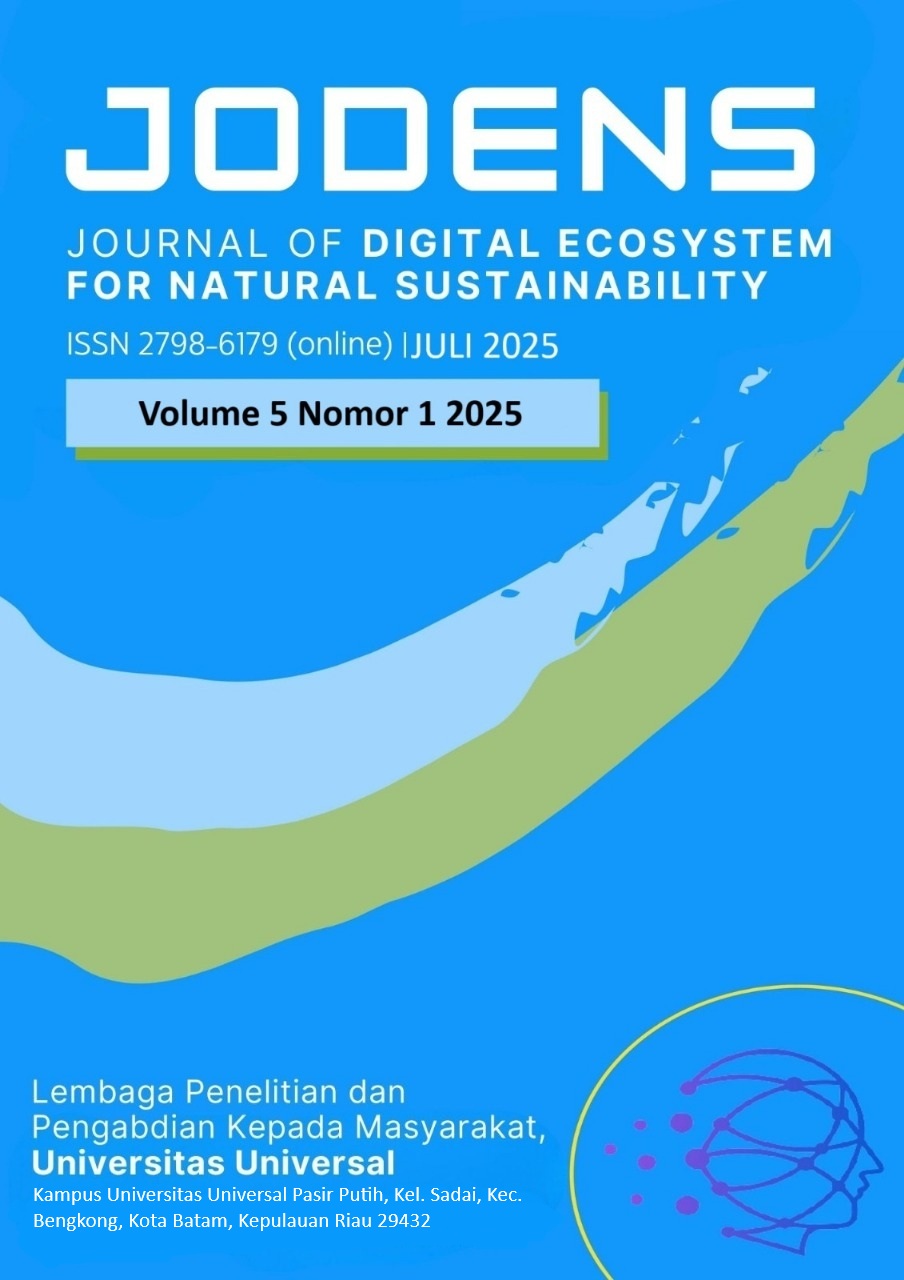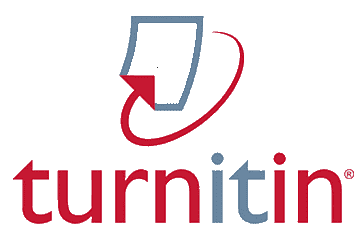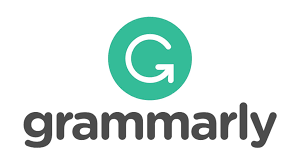Optimasi Proses Evaluasi Belajar melalui Pengembangan Sistem Ujian Komputerisasi di SMP Negeri 2 Majene
DOI:
https://doi.org/10.63643/jodens.v5i1.290Kata Kunci:
Evaluasi Pembelajaran, MySQL, PHP, Sistem Informasi, Ujian Berbasis KomputerAbstrak
This study aims to develop and implement a computer-based semester exam information system at State Junior High School (SMP) 2 Majene to optimize the learning evaluation process. The background of this study is the still widely used manual exam system, which requires a significant amount of time and energy, and poses a risk to the efficiency and accuracy of the assessment. The method employed is Research and Development (R&D) with the ADDIE model approach, which comprises the stages of analysis, design, development, implementation, and evaluation. The system was developed using the PHP programming language and MySQL database with a client-server architecture. The data collection process was carried out through observation and interviews with teachers and education personnel. The implementation results showed that the system ran well, allowing teachers and operators to input questions, students to answer exams digitally, and exam results could be directly processed and printed quickly and accurately. User evaluations stated that this system was effective in increasing the efficiency of exam implementation and reducing administrative burdens. Thus, this information system is expected to be a technological solution that supports digital transformation in the elementary education environment.
Referensi
Y. Roza, K. Musliadi, and Y. Pernando, “Presence Prototype Model Design Using RFID RC522,” Sci. Lit. Innov. Technol. J., vol. 1, no. 02, pp. 26–31, 2024.
K. Kaharuddin, K. Musliadi, H. Kurniawan, and S. Ilwan, “Penerapan Augmented Reality Dalam Pengenalan Peralatan Manufaktur Pada Prodi Teknik Industri Universitas Universal,” J. Tekinkom (Teknik Inf. dan Komputer), vol. 7, no. 1, pp. 402–409, 2024.
Y. B. Herlambang, “Alat Pengusir Hama Tikus Menggunakan Sensor PIR Berbasis Arduino Uno,” pp. 413–419, 2020.
Y. Nurhasanah and D. A. Putri, “Pengembangan Media Pembelajaran Digital Berbasis Augmented Reality Pada Topik Klasifikasi Hewan Berdasarkan Habitatnya,” Multinetics, vol. 6, no. 2, pp. 86–98, 2020, doi: 10.32722/multinetics.v6i2.2794.
C. B. Simanjuntak and R. Sembiring, “Implementasi Sistem Informasi Administrasi Kependudukan ( SIAK ) Dalam Meningkatkan Pelayanan Publik Di Kota Tanjungbalai,” vol. 16, no. 2, pp. 314–323, 2023.
B. S. Jati, M. Akbar, and I. Susilawati, “Pemanfaatan teknologi kecerdasan buatan untuk guru kinderstation school,” SELAPARANG J. Pengabdi. Masy. Berkemajuan, vol. 8, no. September, pp. 2223–2230, 2024.
Widya Khafa Nofaa, Dewi Anggraini Puspa Hapsari, and Dinda Salsabila Putri, “Aplikasi Pembelajaran Huruf Hijaiyah Berbasis Android,” J. Ilm. Tek., vol. 2, no. 1, pp. 11–19, 2023, doi: 10.56127/juit.v2i1.473.
Y. Fitriani, “Pemanfaatan Media Sosial Sebagai Media Penyajian Konten Edukasi Atau Pembelajaran Digital,” J. Inf. Syst. Applied, Manag. Account. Res., vol. 5, no. 4, pp. 1006–1013, 2021, doi: 10.52362/jisamar.v5i4.609.
A. Z. Nareswari, “Integrasi Teknologi Informasi Dalam Kurikulum Pendidikan Agama Islam di Indonesia ; Pendekatan Teori Difusi Inovasi M . Rogers,” vol. 3, pp. 129–137, 2025.
A. Ismail, M. Kh, and A. Hasnining, “Optimalisasi Pembelajaran Melalui Aplikasi Interaktif di Pondok Pesantren XYZ Polewali Mandar,” J. Digit. Ecosyst. Nat. Sustain., vol. 4, no. 1, pp. 14–20, 2024.
M. KH, K. Kaharuddin, Y. Roza, and Y. Pernando, “Aplikasi Pembelajaran Al-Qur’an ‘Madina’ Memanfaatkan Teknologi Digital Pada Anak Usia Dini Berbasis Android Menggunakan Metode Rapid Application Development,” J. Inf. Syst. Res., vol. 6, no. 2, pp. 812–821, 2025, doi: 10.47065/josh.v6i2.6102.
L. Rachmiazasi Masduki, N. Nurmawati, and E. Kurniasih, “Design of a Mathematics Augmented Reality-Based Textbook,” KnE Soc. Sci., vol. 2022, pp. 1043–1051, 2022, doi: 10.18502/kss.v7i14.12054.
Asrial, Syahrial, Maison, D. A. Kurniawan, and S. O. Piyana, “Ethnoconstructivism E-Module To Improve Perception, Interest, and Motivation of Students in Class V Elementary School,” JPI (Jurnal Pendidik. Indones., vol. 9, no. 1, p. 30, 2020, doi: 10.23887/jpi-undiksha.v9i1.19222.
Unduhan
Diterbitkan
Cara Mengutip
Terbitan
Bagian
Lisensi
Hak Cipta (c) 2025 Zulkifli, Musliadi KH, Ansar, M Ikhsan U

Artikel ini berlisensi Creative Commons Attribution 4.0 International License.
















